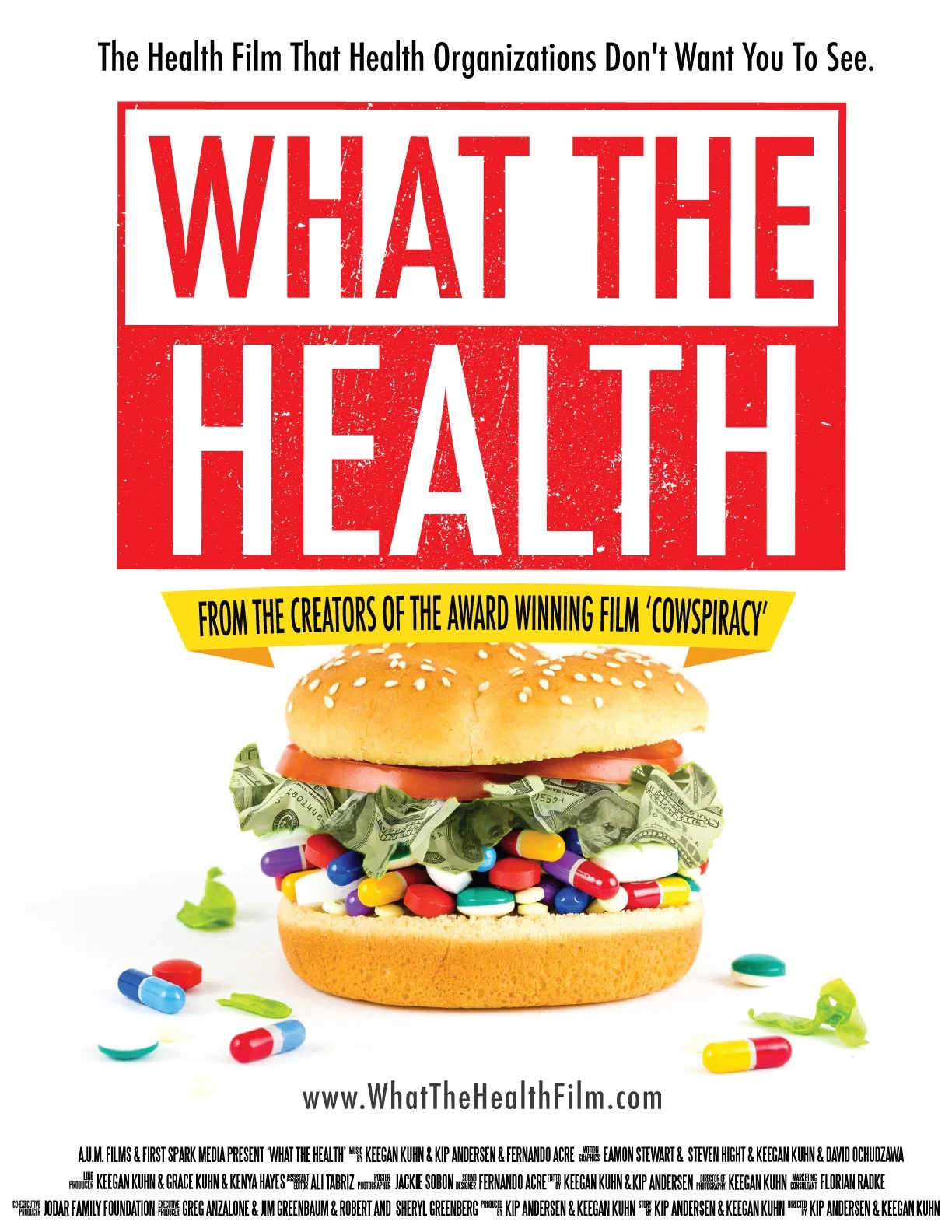How to Stop Overeating
Written by Hannah Abdulla, RD
Make sure you are eating the right amount
One of the first things we do with a new client is discuss their food intake. We want to know what they are eating and how much they are eating. From there we calculate calorie and protein needs based on their height, weight, activity level and a few other things. We use evidence-based methods for these calculations to ensure we are calculating calories and protein as accurately as possible. These calculations tell our clients the optimal amount of food to eat for their body and their goals. It also ensures they are not undereating which can lead to fatigue, irritability and overeating at later times.
Nix the crash diets
We have all heard of different types of crash diets. A good way to identify a crash diet may be if the diet is asking you to cut out an entire food group (without medical reason), promising a “quick fix” or if the diet takes a one size fits all approach giving the impression it will be good for all bodies. Crash diets are typically diets that we can not sustain for an extended duration of time. This is often because they are asking us to consume too low of a calorie intake or to eliminate a certain category of food. While we may initially see some weight loss with this type of diet, you are likely to get burnt out, hungry, and experience intense cravings that may result in overeating and weight gain.
Identify emotional eating
Emotional eating can be a cause of overeating and may be hard to work through. Often our clients are able to identify emotional eating on their own and sometimes our coaches can help identify what sounds like emotional eating. With that said, we find that our most successful clients are working with mental health therapists to work through their emotional eating patterns. This is because emotional eating is often more deeply rooted and goes beyond just food.
Food satisfaction matters
Going back to what we talked about above, we know eating habits should be sustainable. This includes eating some of the foods we love and indulging our cravings in moderation. We all know it is not realistic to permanently cut our favorite dessert. In fact, the coaches at TMN never recommend this to their clients (unless there is a medical reason). Instead, we work with our clients to teach them how to enjoy their favorite foods while also meeting their health goals. This is important because putting heavy and unrealistic restrictions on our favorite foods will likely cause us to overeat them at a later time.
For more weight loss conversations and advice, visit this link to learn more about The Millennial Nutritionist and how you can receive advice from nutrition professionals!








